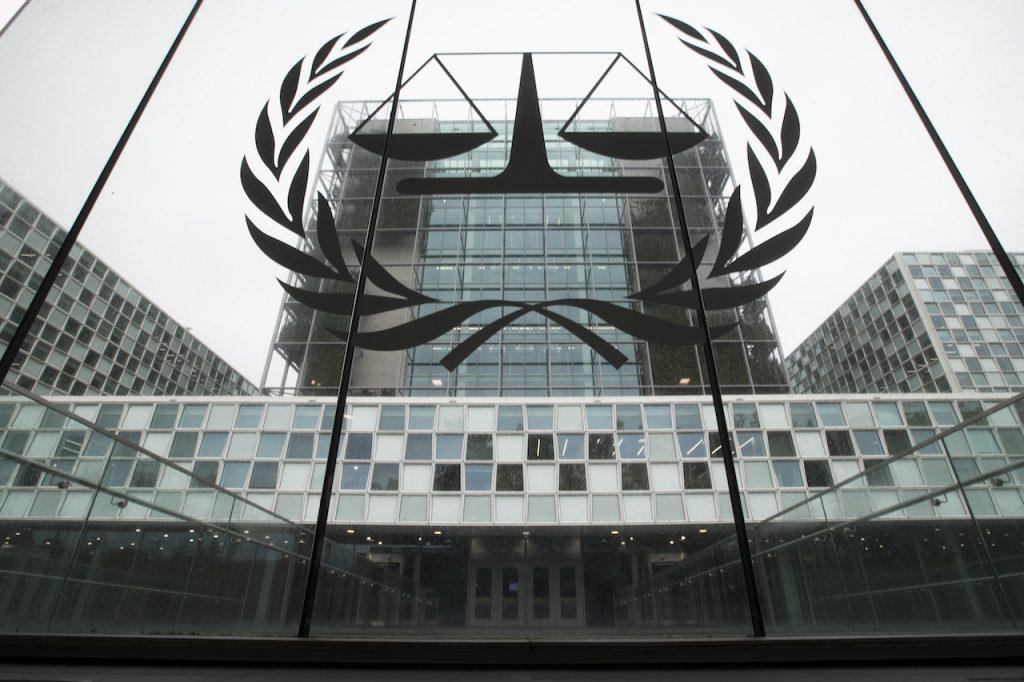International court to probe Philippines anti-drug war ‘murders’
The drugs war is his signature policy, and he defends it fiercely against Western leaders and institutions he says do not care about his country.
Just In
The chief prosecutor of the International Criminal Court (ICC) has called for a full investigation into suspected crimes against humanity during the deadly crackdown on drug dealers directed by the government of the Philippines.
Philippines President Rodrigo Duterte’s war on drugs has drawn international censure and prompted the ICC to launch its preliminary probe three years ago.
The drugs war is his signature policy initiative, and he defends it fiercely, especially from critics like Western leaders and institutions which he says do not care about his country.
National data acknowledges more than 6,000 deaths in the campaign, but international rights groups have long warned the figure could be far higher.
ICC chief prosecutor Fatou Bensouda, who leaves office this week, opened a preliminary probe into the drugs war back in 2018 and Duterte withdrew from the ICC soon afterwards.
On Monday, she said she had determined there was reasonable basis to believe that murder had been committed, and she asked judges on the war crimes court to authorise a full investigation under her replacement Karim Khan, a British lawyer, on Wednesday.
Her statement said the available information indicated that members of the country’s police, and others acting alongside them, had unlawfully killed between several thousand and tens of thousands of civilians during the period she looked at between July 2016 and March 2019.
She said the court has authorisation to look at alleged crimes during the time the country was a party to the ICC, before Duterte’s withdrawal took effect.
The tough-talking leader, 76, known for his flamboyant remarks and lack of remorse over his deadly drugs policy, has repeatedly said the ICC has no jurisdiction over him and he will not cooperate with the probe. He has even threatened to arrest Bensouda.
Duterte was elected to office in 2016 on a campaign promise to get rid of the country’s drug problem, and he openly ordered the police to kill drug suspects if their lives are in danger.
Many suspects have been put on “drug watch lists” by local officials and then visited by police at home, which often ends in a deadly shooting that officers claim was self-defence.
Amnesty International has described Duterte’s war on drugs as ‘a large-scale murdering enterprise’ in which the poor are targeted and killed by police.
Although he has scoffed at the ICC, Duterte has said he is willing to be put behind bars if proven guilty in the Philippine judicial system.
He said in December 2020, “If the court says that I should go to jail, I will go to jail. That’s no problem. I did what I embarked to do.”
Subscribe to our newsletter
To be updated with all the latest news and analyses daily.
